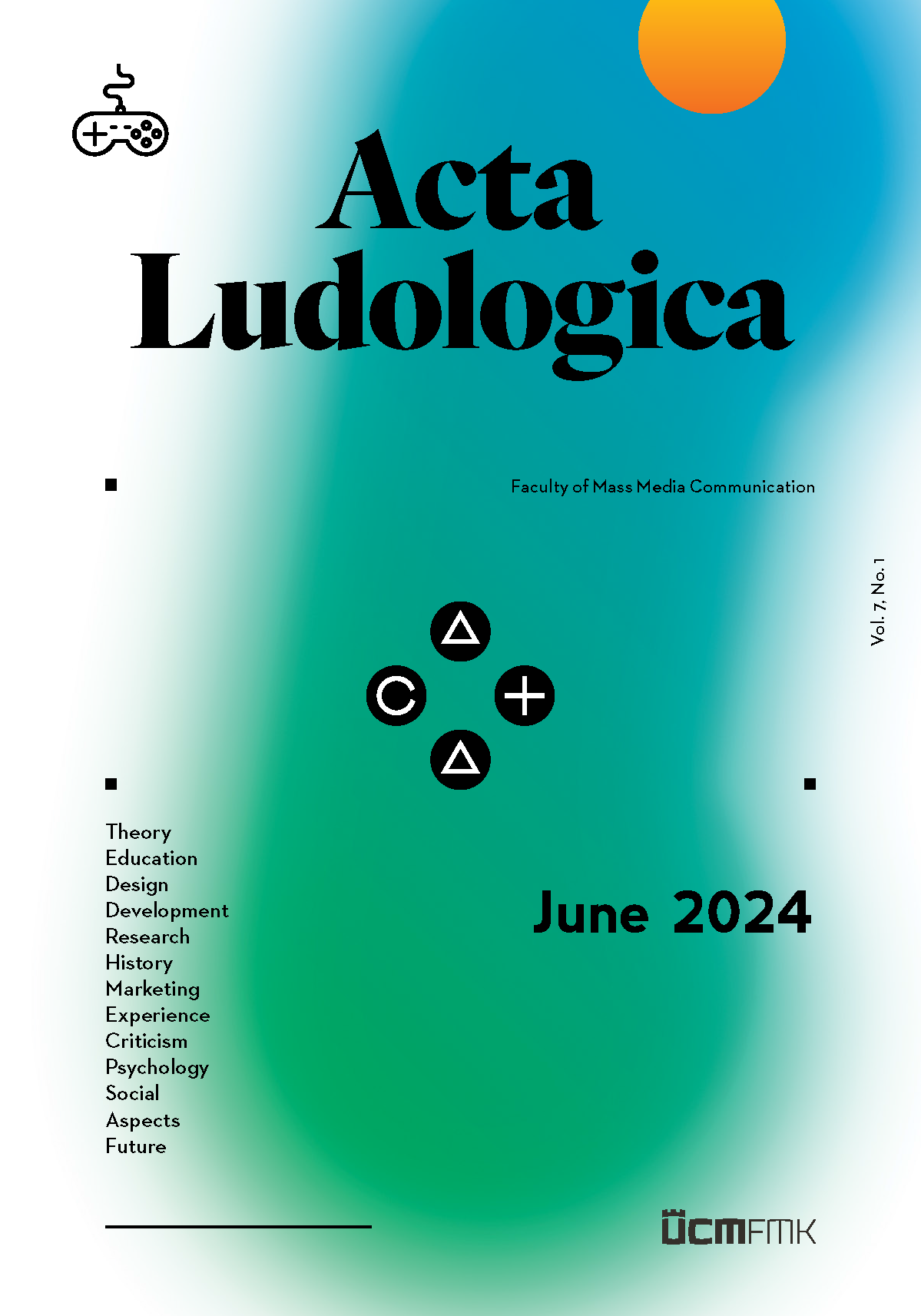Tomáš Farkaš
ABSTRACT:
The article seeks to establish a foundational framework for comprehending crucial definitions and concepts related to auditory space in digital gaming, particularly focusing on audio games designed for visually impaired individuals (VI), often devoid of graphical interfaces. While existing studies often emphasize players’ interactions with interfaces and the acquisition of real-life skills, this text explores audio games through the lens of entertainment and immersion. Numerous studies indicate a demand among visually impaired players for more intricate and challenging games, incorporating elements usually used in standard digital gaming experiences. By combining definitions from both audio and traditional digital games, this article broadens the scope of sound design considerations, encompassing various aspects and classifications. It presents several auditory dimensions, consolidating them into a comprehensive dimension called attenuation, putting their roles within a game’s context. The author is a sound designer currently working on an audio game; therefore, many of the presented definitions are also a guide that will represent some of his own considerations while working on this game. These include not only the use of binaural or ambisonic sound but also understanding the ways and means of how to work with (3D) space in the context of audio and its possible functions.
KEY WORDS:
ambisonic sound, attenuation, audio games, auditory dimensions, auditory space, binaural sound, digital games, sound, sound design, visually impaired.
DOI:
10.34135/actaludologica.2024-7-1.136-150

